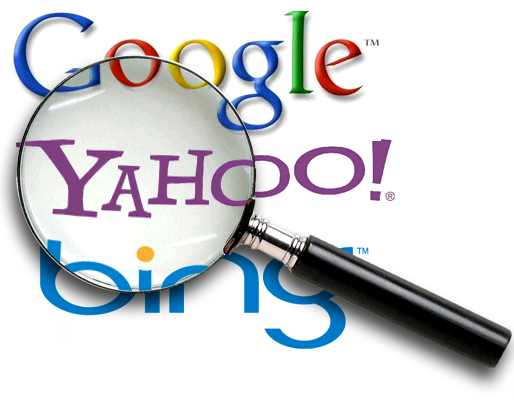When did you last search for something on the internet either through Google, Bing or Yahoo? That place that you were typing your text is referred to as the “search query” and it leads you to the page that has information related to what you are looking for. The page on which you land after clicking “search” is referred to as Search Engine Results Page. You can simply call it the “SERP.”
Studies carried out have shown that if you are higher on the search engine results page, your site stands a higher chance of being visited. That is, traffic to your site goes up. The question that one will often ask is how Google will determine who gets to be on the first page and on top. At this juncture, the issue of search marketing plays a role.
Search Engine Marketing (SEM) Categories
There are two categories for Search Engine Marketing,(SEM) that is:
- Search Engine Optimization or SEO. Refers to seeking to get to the top of the search engine without you paying for advertisement.
- Paid or pay-per-click advertisement. You get to the top of the search engine by paying for the advert.
Search Engine Optimization (SEO)
Just as explained above, Search Engine Optimization (SEO) entails using different tactics to get to the top of the search engine without having to pay for the advertisement. When you search for anything on the search engine, the results that will appear on the SERP are called the organic results. These are usually not paid for. They usually come under the paid adverts.
For you to get a higher rating via Search Engine Optimization (SEO), you will find it necessary to consult a search engine optimization company that will work on your website and give you a ranking that you desire. The said Company plays around with the key words on your site so that the search engine such as Google can easily find it.
What Google does is that it crawls throughout your site and looks for the matching keywords before it determines where to place you on the search engine.
Search Engine Optimization (SEO) Results
One thing to know is that the Search Engine Optimization (SEO) results are not guaranteed. The process of creating content may turn out to be expensive while the labor involved may also be exhausting. You also get to face a stiff competition from your competitors.
Paid Search Marketing
PPC offers you a higher chance of controlling the likelihood of your site being on top of the Search Engine Ranking Pages (SERP). In the case of search engine marketing, advertisers pay Google and tell them the terms for which their advertisements should show.
Google will display their ads and any time a visitor clicks on their advert, Google charges some cash. In search engine marketing, advertisers will not pay for the keywords to be shown. Instead, they pay if a searcher clicks on their advert. That is how the name pay per click comes in. The money that the advertiser pays is referred to as the cost-per-click (CPC).
How Paid Search Works
Search engine marketing entails the advertiser first creating a Google AdWords account. An equal to this is the Bing account. Having done that, they proceed to state the terms under which their ads will show once they have created the keywords.
There is a maximum Cost Per Click (CPC) that is attached to each keyword. This is determined by the advertiser. When we talk of maximum CPC we simply mean the threshold that the cost involved is not supposed to go past. This strategy is used so that the advertisers can bid on keywords that they view desirable to them.
Google carries out auctions to the advertisers in the AdWords auction. Google will then rank the advertisers basing on their bids and also their quality scores. Each auction is unique. This implies that in a certain search, the ad may be on position one and in another search, the ad may be in position three or four.
Getting in the Race with Search Engine Marketing (SEM)
The paid search campaign contains various ins and outs that one needs to be ware of before they can start search engine marketing (SEM).
You have to understand that your ad will require care and maintenance. Also, the bids are different just as mentioned above and therefore you are likely to be on top in one search and below in the second search.
However, this is advantageous since you are in control of how you rank unlike in Search Engine Optimization (SEO) that cannot guarantee you top position.

